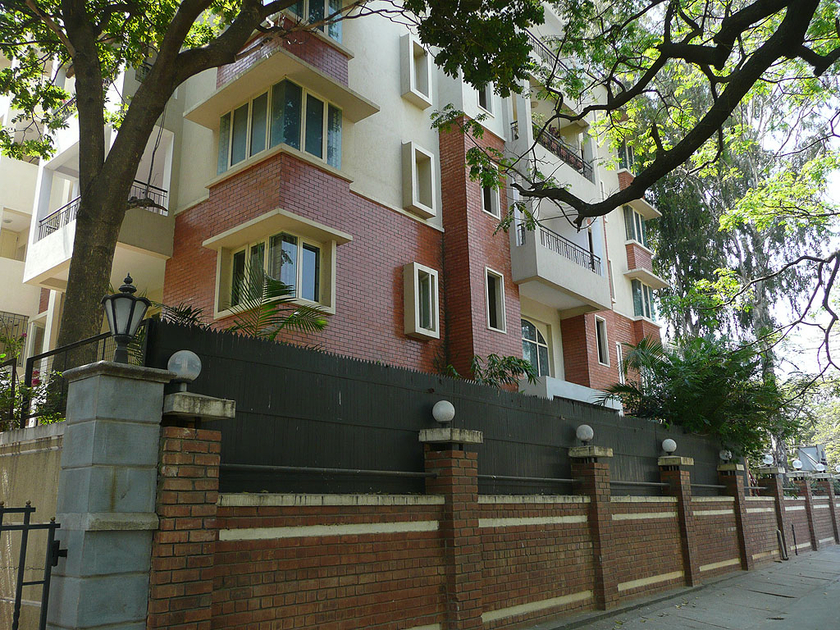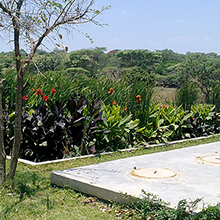Fair or Unfair?
Fair or Unfair? Mandatory Decentralised Sewage Treatment in Bangalore

Bangalore is one of the fastest growing cities worldwide. This challenges the population’s water supply and pushes the central wastewater system to its limits, leading to environmental pollution and resource degradation. To address these challenges, the local government of Bangalore mandates the installation of decentralised Sewage Treatment Plants (STPs) that treat wastewater for non-potable reuse. However, the mandate applies only to part of the population: residents of apartment buildings above a certain size, who must pay for most of the costs of the decentralised STPs.
As a consequence, costs and benefits of the decentralised STPs are not fairly distributed in society: while benefits (e.g. less environmental pollution and improved water security) are shared by all residents of Bangalore, it is the residents covered by this policy who bear the costs (e.g. monetary investment and responsibility). A lack of perceived fairness could threaten public acceptance of this policy and consequently the chance of successfully implementing decentralised STPs, as seen by the public demonstrations against the first version of the law that took place in 2017. Interviews conducted by the Fair Wings project team with local stakeholders (e.g. regulators, builders and residents’ associations) showed that several aspects of the policy were perceived as unfair:
- Unfair coverage of policy: Some key polluters, including industrial factories, do not have to treat their wastewater.
- Loss-making for smaller apartment buildings: For these buildings, maintenance costs are higher than the savings from reduced freshwater use.
- No incentivisation: Neither monetary nor non-monetary support is provided for residents covered by the policy.
- Imposition of high fines even if the policy is impractical or unclear: e.g.: 1) lack of communication about requirements leads to confusion and the policy not being implemented; 2) in some buildings, decentralised STPs cannot be retrofitted because they lack space, and 3) full reuse of treated water is mandated even if there are too few reuse options (e.g. no irrigation needed in the monsoon season).
The project team is currently conducting a quantitative survey among residents of Bangalore to examine whether and how this perceived unfairness predicts policy acceptance, as this may be an important predictor of a successful implementation. The findings can be used to inform future policies in the urban water sector.




